Anne L. Peters, MD, discusses clinical trial results of beta cells made from stem cells in patients with type 1 diabetes.


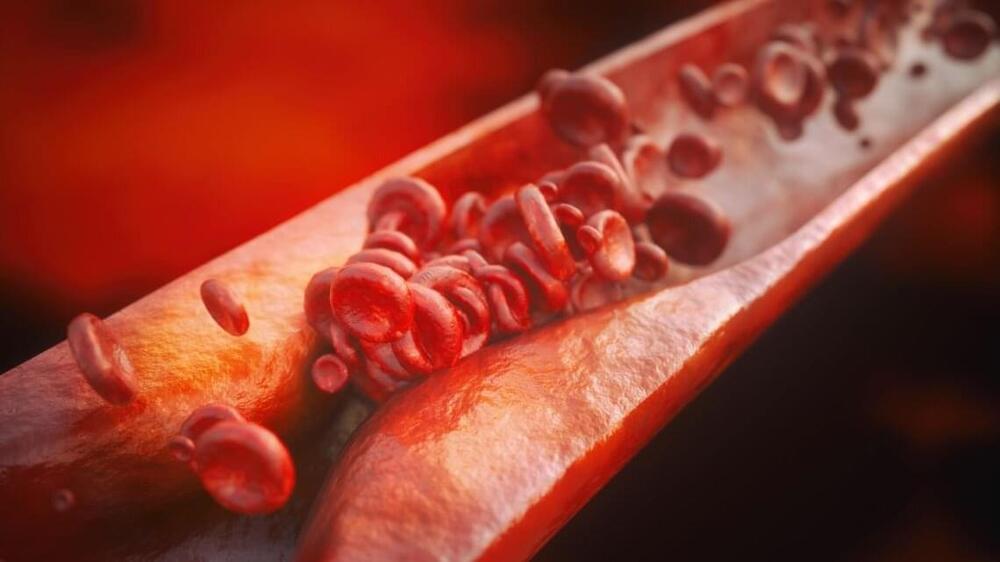
A new type of macrophage recently identified in atherosclerotic lesions could provide a missing link in understanding the inflammatory origins of the common yet fatal condition.
Atherosclerosis is a common condition in which an accumulation of fat, named plaque, builds up on the innermost walls of arteries, causing them to become narrow and restrict the blood flow to vital organs such as the heart and the brain. It can be life-threatening if untreated—narrow arteries increase the risk of a blockage and lead to a heart attack or stroke.
Macrophages are immune cells that play essential roles in organ homeostasis as well as infection and injury. Key to their success is the ability to alter their transcriptional patterns of gene expression to perform highly-specialized roles in specific organs and tissues. However, their prominent role means that when things go wrong, macrophages can be impactful drivers of disease.
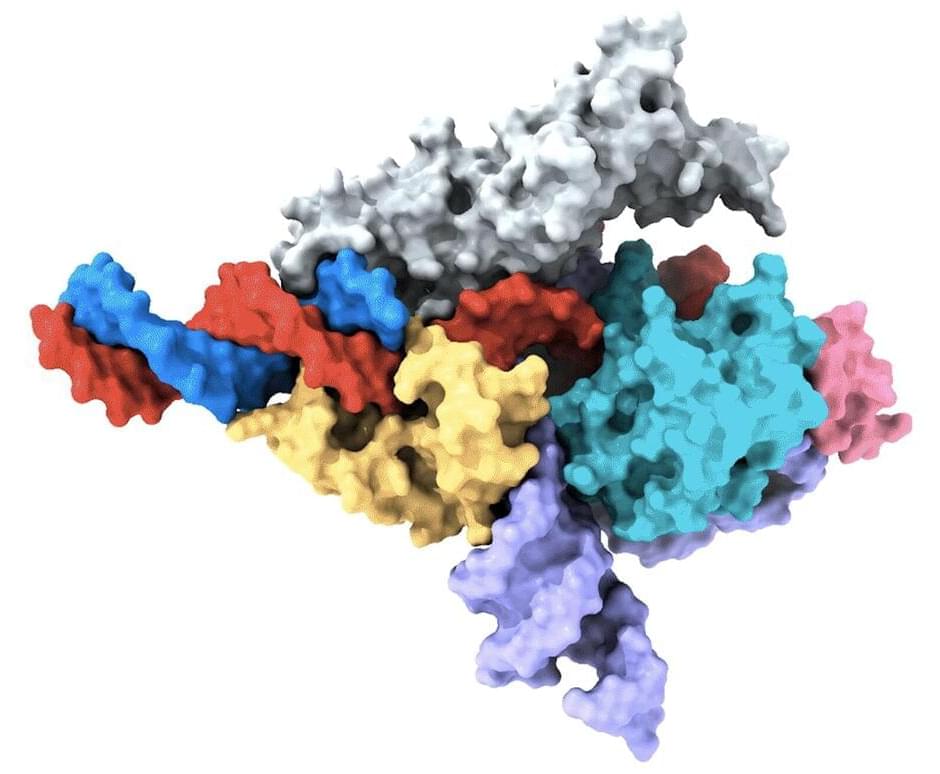
A team of researchers led by Feng Zhang at the Broad Institute of MIT and Harvard and the McGovern Institute for Brain Research at MIT has uncovered the first programmable RNA-guided system in eukaryotes—organisms that include fungi, plants, and animals.
In a study published in Nature, the team describes how the system is based on a protein called Fanzor. They showed that Fanzor proteins use RNA as a guide to target DNA precisely, and that Fanzors can be reprogrammed to edit the genome of human cells. The compact Fanzor systems have the potential to be more easily delivered to cells and tissues as therapeutics than CRISPR/Cas systems, and further refinements to improve their targeting efficiency could make them a valuable new technology for human genome editing.
CRISPR/Cas was first discovered in prokaryotes (bacteria and other single-cell organisms that lack nuclei) and scientists including Zhang’s lab have long wondered whether similar systems exist in eukaryotes. The new study demonstrates that RNA-guided DNA-cutting mechanisms are present across all kingdoms of life.
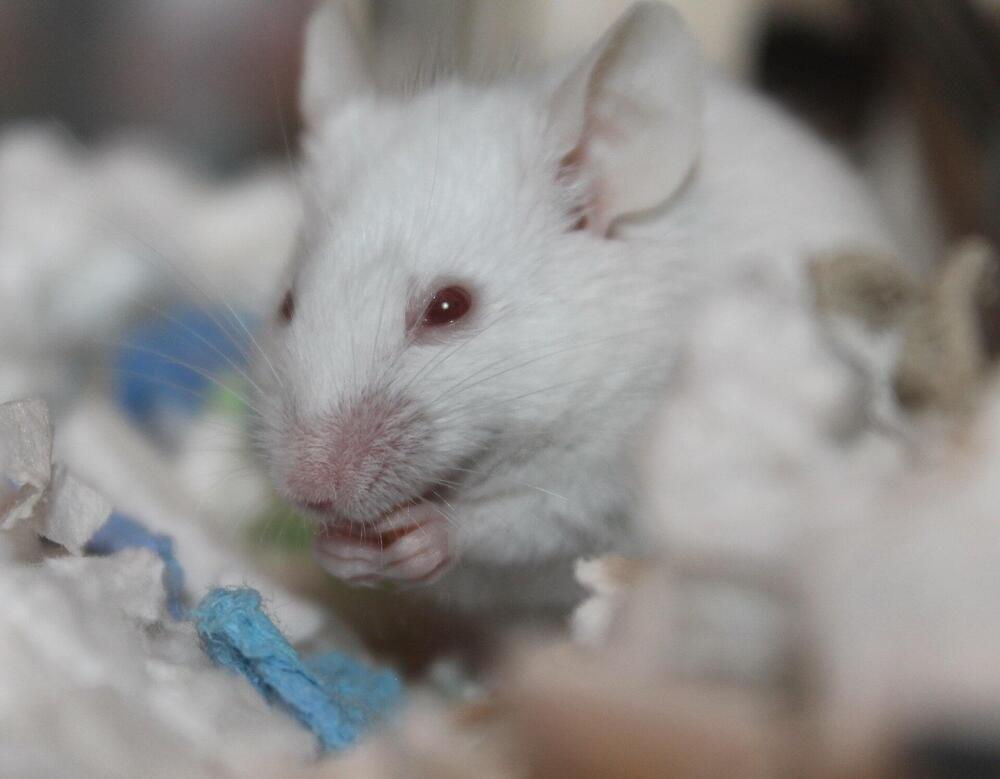
For the first time, researchers have shown that reduced oxygen intake, or “oxygen restriction,” is associated with longer lifespan in lab mice, highlighting its anti-aging potential. Robert Rogers of Massachusetts General Hospital in Boston, US, and colleagues present these findings in a study published May 23rd in the open access journal PLOS Biology.
Research efforts to extend healthy lifespan have identified a number of chemical compounds and other interventions that show promising effects in mammalian lab animals— for instance, the drug metformin or dietary restriction. Oxygen restriction has also been linked to longer lifespan in yeast, nematodes, and fruit flies. However, its effects in mammals have been unknown.
To explore the anti-aging potential of oxygen restriction in mammals, Rogers and colleagues conducted lab experiments with mice bred to age more quickly than other mice while showing classic signs of mammalian aging throughout their bodies. The researchers compared the lifespans of mice living at normal atmospheric oxygen levels (about 21%) to the lifespans of mice that, at 4 weeks of age, had been moved to a living environment with a lower proportion of oxygen (11%—similar to that experienced at an altitude of 5,000 meters).
Join us on Patreon! https://www.patreon.com/MichaelLustgartenPhD
Discount Links:
Epigenetic Testing: https://trudiagnostic.com/?irclickid=U-s3Ii2r7xyIU-LSYLyQdQ6…M0&irgwc=1
Use Code: CONQUERAGING
At-Home Metabolomics: https://www.iollo.com?ref=michael-lustgarten.
Use Code: CONQUERAGING At Checkout.
NAD+ Quantification: https://www.jinfiniti.com/intracellular-nad-test/
Use Code: ConquerAging At Checkout.
At-Home Blood Testing (SiPhox Health): https://getquantify.io/mlustgarten.
Oral Microbiome: https://www.bristlehealth.com/?ref=michaellustgarten.
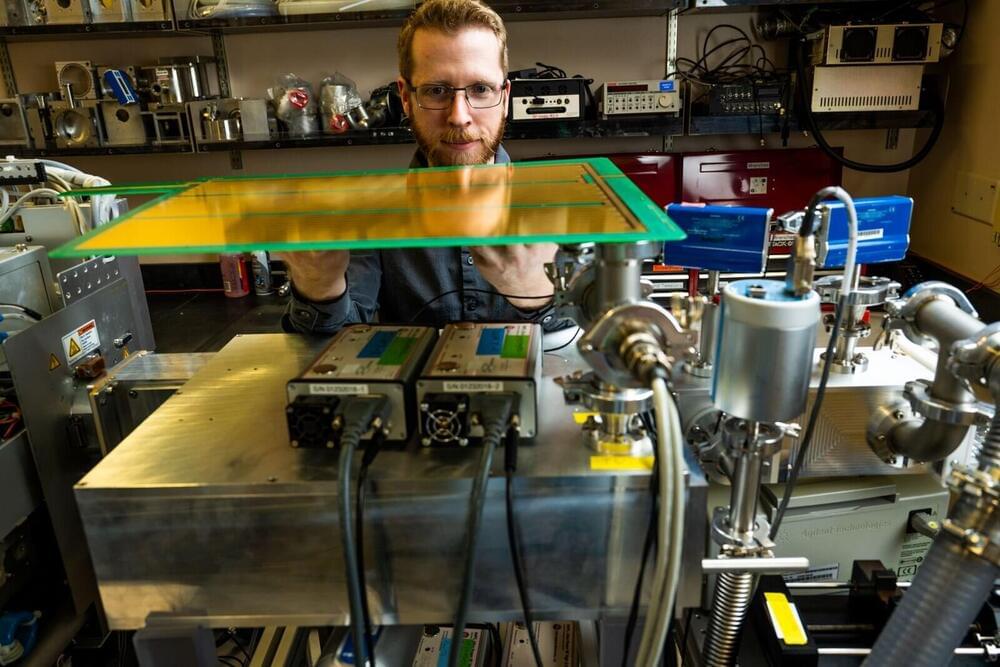
The universe is awash in billions of possible chemicals. But even with a bevy of high-tech instruments, scientists have determined the chemical structures of just a small fraction of those compounds, maybe 1%.
Scientists at the Department of Energy’s Pacific Northwest National Laboratory (PNNL) are taking aim at the other 99%, creating new ways to learn more about a vast sea of unknown compounds. There may be cures for disease, new approaches for tackling climate change, or new chemical or biological threats lurking in the chemical universe.
The work is part of an initiative known as m/q, or “m over q” —shorthand for mass divided by charge, which signifies one of the ways that scientists measure chemical properties in the world of mass spectrometry.
A newly created real-life Transformer is capable of reconfiguring its body to achieve eight distinct types of motion and can autonomously assess the environment it faces to choose the most effective combination of motions to maneuver.
The new robot, dubbed M4 (for Multi-Modal Mobility Morphobot) can roll on four wheels, turn its wheels into rotors and fly, stand on two wheels like a meerkat to peer over obstacles, “walk” by using its wheels like feet, use two rotors to help it roll up steep slopes on two wheels, tumble, and more.
A robot with such a broad set of capabilities would have applications ranging from the transport of injured people to a hospital to the exploration of other planets, says Mory Gharib (Ph. D. ‘83), the Hans W. Liepmann Professor of Aeronautics and Bioinspired Engineering and director of Caltech’s Center for Autonomous Systems and Technologies (CAST), where the robot was developed.
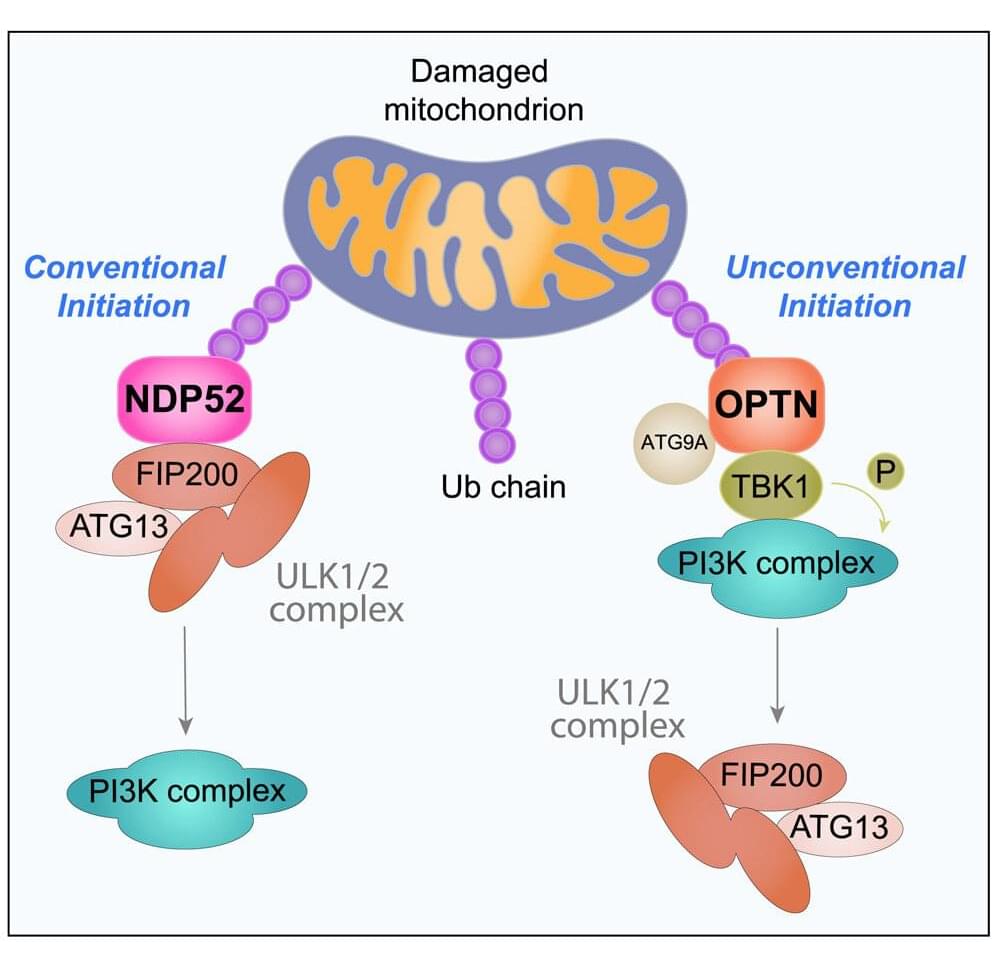
While mitochondria play a crucial role in producing the energy our cells need to carry out their various functions, when damaged, they can have profound effects on cellular function and contribute to the development of various diseases.
Broken-down mitochondria are usually removed and recycled through a garbage disposal process known as “mitophagy.”
PINK1 and Parkin are two proteins vital to this process, responsible for “tagging” malfunctioning mitochondria for destruction. In Parkinson’s disease, mutations in these proteins can result in the accumulation of damaged mitochondria in the brain, which can lead to motor symptoms such as tremors, stiffness and difficulty with movement.

Scientists at the University of Cambridge have used powerful new brain imaging techniques to reveal a neurochemical imbalance within regions of the frontal lobes in patients with obsessive-compulsive disorder (OCD). The research findings are published in the journal Nature Communications.
The study shows that the balance between glutamate and GABA—two major neurotransmitter chemicals—is “disrupted” in OCD patients in two frontal regions of the brain.
Researchers also found that people who do not have OCD but are prone to habitual and compulsive behavior have increased glutamate levels in one of these brain regions.
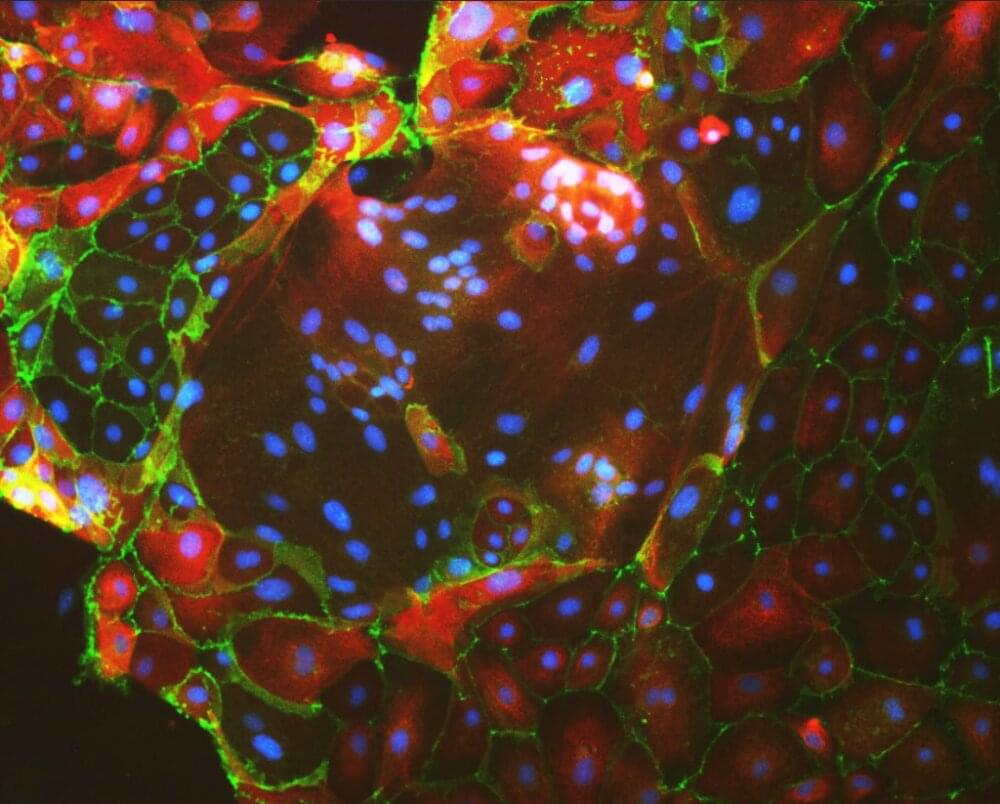
Prof. Yossi Buganim and his research team at the Faculty of Medicine at the Hebrew University of Jerusalem have achieved a groundbreaking milestone in the field of cell reprogramming. Their latest study, published in Nature Communications, reveals a remarkable breakthrough in converting skin samples into functional human placenta cells. This achievement has significant implications for understanding pregnancy development, studying pregnancy-related diseases, and advancing cell therapies.
The research opens new avenues for investigating the causes of infertility, complications during pregnancy, and long-term health implications for both mothers and babies.
Reprogramming cells to assume new identities has been a focus of Prof. Buganim’s lab, which utilizes specialized proteins to modify gene expression. By transforming skin cells into other cell types, the team enables the study of specific diseases and the potential development of cell-based therapies. However, accessing cells from the placenta, a critical organ in pregnancy, has long been a challenge due to technical and ethical constraints.